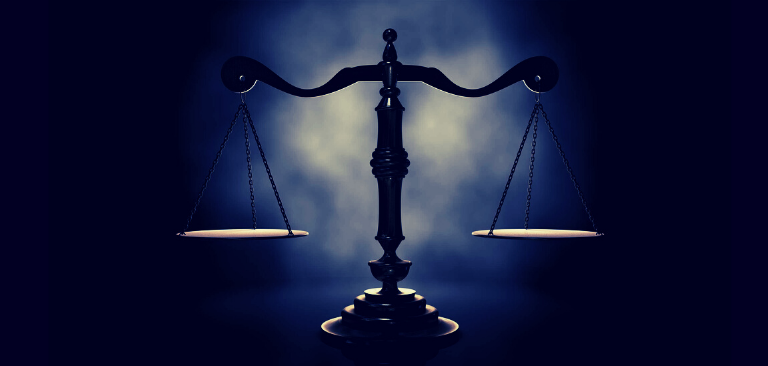A poll by the Gallup and the Knight Foundation revealed that 80% of the American population don’t trust social media companies with deciding what’s right to appear and what is to be taken down.
At a juncture where Big Tech social media platforms are facing backlash over censorship, polls such as this echo the public opinion about how social media platforms are growing biased.
“We have a clash of values online. People like freedom online but they are genuinely worried about harm – and they don’t know whom they can trust to make content decisions,” said Sam Gill, the senior vice president and chief program officer of the Knight Foundation.

What’s more, according to the results of the survey a majority of Americans also support Section 230 of the Communications Decency Act, which gives immunity to social media companies from the liability arising due to the content posted by their users. While President Trump and a few other politicians (both Republican and Democrats) are pushing to reform the law surrounding Section 230, it seems like the American population does not feel the need for such a change.
Not only did two-thirds of the Americans who took the poll support the existing regulations of Section 230, but they also think that the section helps protect free speech and maintains a level-playing ground for all ideas.
“Americans marginally favor major internet companies setting policies about what people can post on their websites and apps without government involvement (55%) rather than government setting limits or guidelines about such content (44%),” read the executive summary of the poll.













